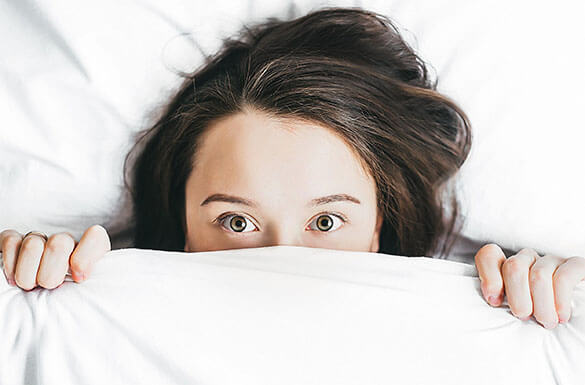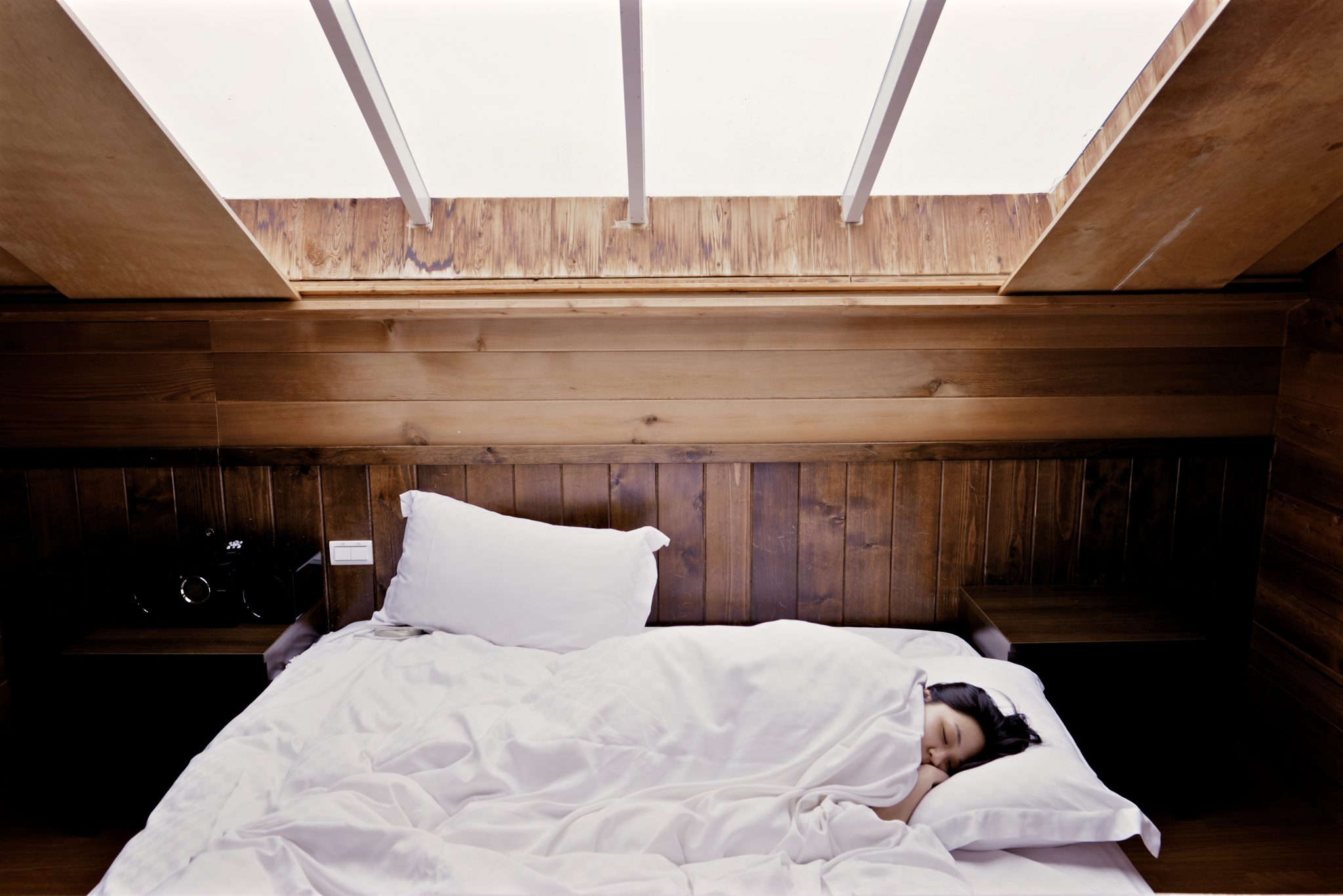Binge Watching: Effects and Influence on Sleep
As we consume content on the go, thanks to the boom of online streaming websites and apps, the numbers of health problems related to binge-watching are also on the rise. A 2018 survey noted that almost 70% of Americans are binge-watchers on a weekly basis and 55% of American household subscribes to at least one streaming platform. While on the other hand, there are studies to prove that excessive screen time can harm the body and also increase sleep disorders due to the harmful blue lights emitted from the screen. In light of this, we will take a closer look at the effects of binge-watching on sleep and tips to manage screen time.
How does Binge-Watching Affect Sleeping Patterns?
Before we jump on to the effects of binge-watching on sleep, let us understand what binge-watching actually means.
If you are watching multiple episodes of the same show in one sitting for long hours, or if you are watching movies back to back in one sitting, you are effectively binge-watching. We already know that excessive sleep time affects one’s ability to:
- Fall asleep;
- Stay Asleep;
- Fall asleep after waking up early morning.
Therefore, to understand how binge-watching affects the human body, Professors from the University of Leuven and Michigan analyzed the sleeping and viewing habits of 423 adults. This study found strong links between binge-watching and poor sleep. Out of 80% who considered themselves as binge-watchers, about 33% reported they suffered from irregular sleep. Furthermore, participants with higher binge-watching records showcased a higher degree of sleep irregularities like insomnia and increased daytime fatigue. So how does binge-watching actually affect the body?
Metal stimulation from storylines, actions, and visuals increase brain activity and alertness. Resultantly, the brain gets all wired up known as “pre-sleep arousal” and this hinders the stages of sleep, keeping you awake longer than what the body can take. This effectively causes:
- Reduction in sleep quality;
- Increase in fatigue and grogginess at day time;
- Impairs wholesome cognitive behavior;
- Decreased sleep time as opposed to the required eight hours of sleep;
- On-set of insomnia and other mental health issues like anxiety, stress, and depression;
- Increase in body fat and weight as binge-watchers consume unregulated amounts of food intake while watching, and at odd hours.
Tips for Managing Screen Time and Binge-Watching
While it is understandable that watching TV can be relaxing after a long day’s work but just like all other matters in life when consumed in excess can be harmful, the same goes for screen time as well. As humans, we need to be informed and entertained but we can also regulate the consumption of information to stay healthy and fit. Here are some quick tips to manage binge-watching habits:
- If you are binge-watching alone, keep a timer to know the duration so you can pause after a few episodes;
- If you are binge-watching with your partner or friends, make sure you all agree to watch for a fixed time only;
- Ensure you get nutritious and healthy food. It is essential to keep hydrated and eat healthily;
- Do not watch in complete darkness, as the harmful rays from the screen can have extra harmful effects. Always watch with the lights on;
Ensure you switch off all forms of electronics at least an hour before bed. Instead, read a book or go for a long walk in order to avoid pre-sleep arousal.










